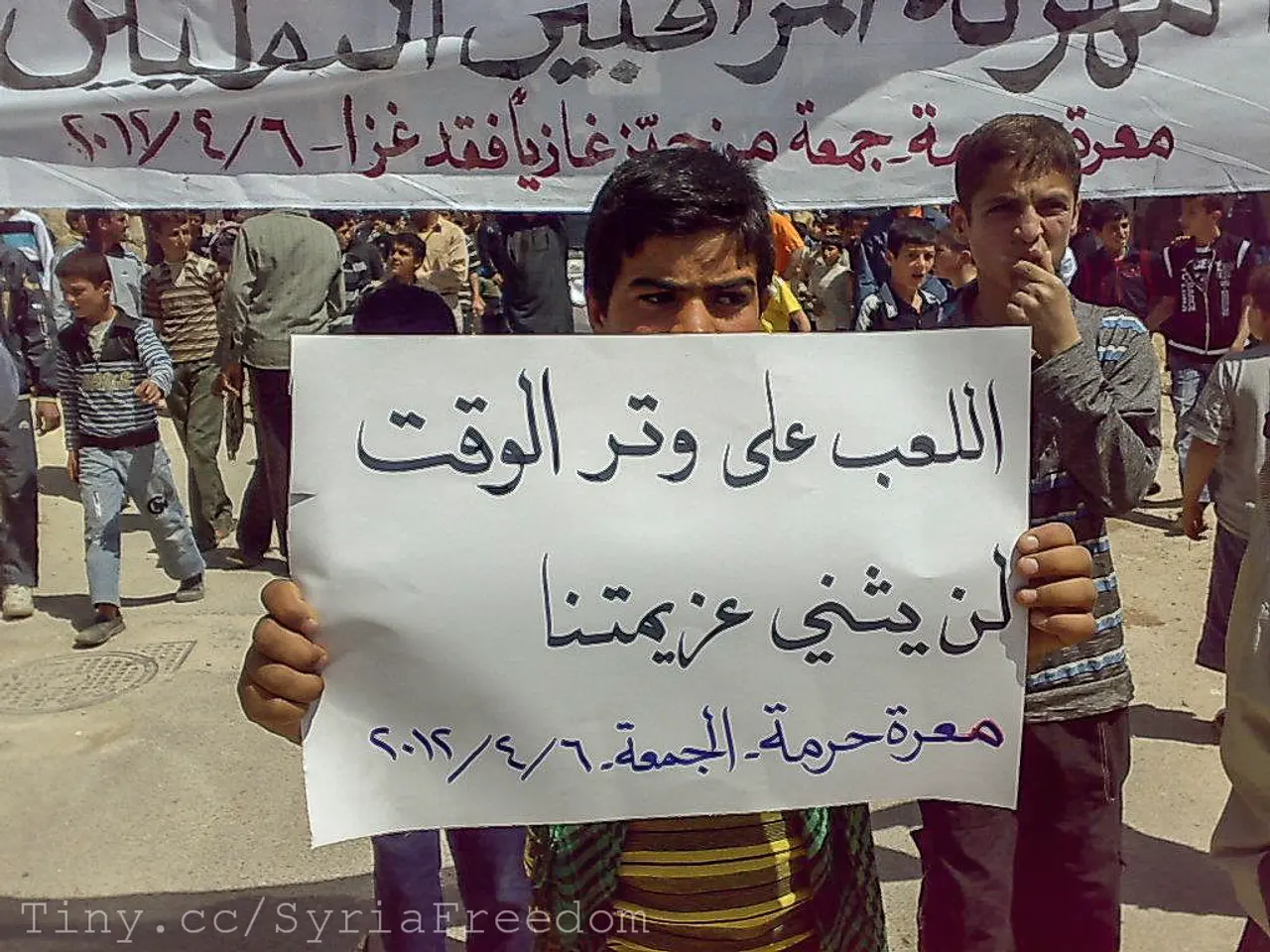Far-right ideologies of the European Union are seeping insidiously
The National Rally in France, once advocating for France's departure from the European Union (EU), is now eyeing a transformation of its connection with the EU. Marine Le Pen, this party's leader, has likened the EU to an "oppressive empire" on June 9, and now aims to turn it into an alliance of sovereign nations. On France Inter, she announced on June 12, "With our allies, who represent millions of voters, we are advancing our ideas." The setbacks encountered during Brexit have been noted, and, similar to Hungarian Prime Minister Viktor Orban, devotees of sovereignty now aim to "conquer Brussels" to "reshape Europe from within."
Across this landscape, achieving the goal appears challenging. As crises amass, the Twenty-Seven typically lean towards "more Europe," as demonstrated by their decision on a joint loan to combat the economic devastation caused by COVID-19. Presently, faced with the expansionism of Vladimir Putin's Russia and Donald Trump's isolationism, they are contemplating a European Union of defense. The process is arduous, yet slow, but history rarely points towards disintegration.
Insights:
- The National Rally (RN) has shifted its stance from demanding France's exit from the EU to advocating for reforms within the Union since 2019. The party supports primacy of French law over EU law and insists on the Council of the EU, rather than the European Commission, initiating EU legislation, reflecting their nationalist and sovereignty-focused agenda within Europe.
- Recently, RN leader Marine Le Pen and other far-right European leaders have been vocal in their opposition to what they describe as Brussels' bureaucratic overreach. They aim for a radical rebalancing of power in the EU, placing member states at the core of decision-making.
- The EU leadership and establishment generally remain critical of the far-right agenda, upholding the model of "more Europe" and emphasizing stronger integration, particularly on migration policy and collective security. The EU institutions have condemned the Moscow-friendly and anti-LGBTQ+ stances of leaders allied with the RN, representing a broader resistance to their nationalist and populist calls for stripping EU competencies.
Regardless of the opposition, the course of the RN seems set on reshaping the EU into a looser, more intergovernmental body, entrusting national sovereignty. Meanwhile, the current EU leadership prefers to hold firm on deeper integration and upholding democratic and human rights standards. The battle lines are drawn, and the dance of power continues.
In light of the evolving stance of the National Rally (RN) in France, discussions around EU policy-and-legislation have gained momentum, as the RN advocates for a restructuring of the Union that emphasizes national budgets and sovereignty. Amidst this political climate, debates concerning war-and-conflicts, general-news, and the future direction of the European Union are shaping the landscape of contemporary politics.





